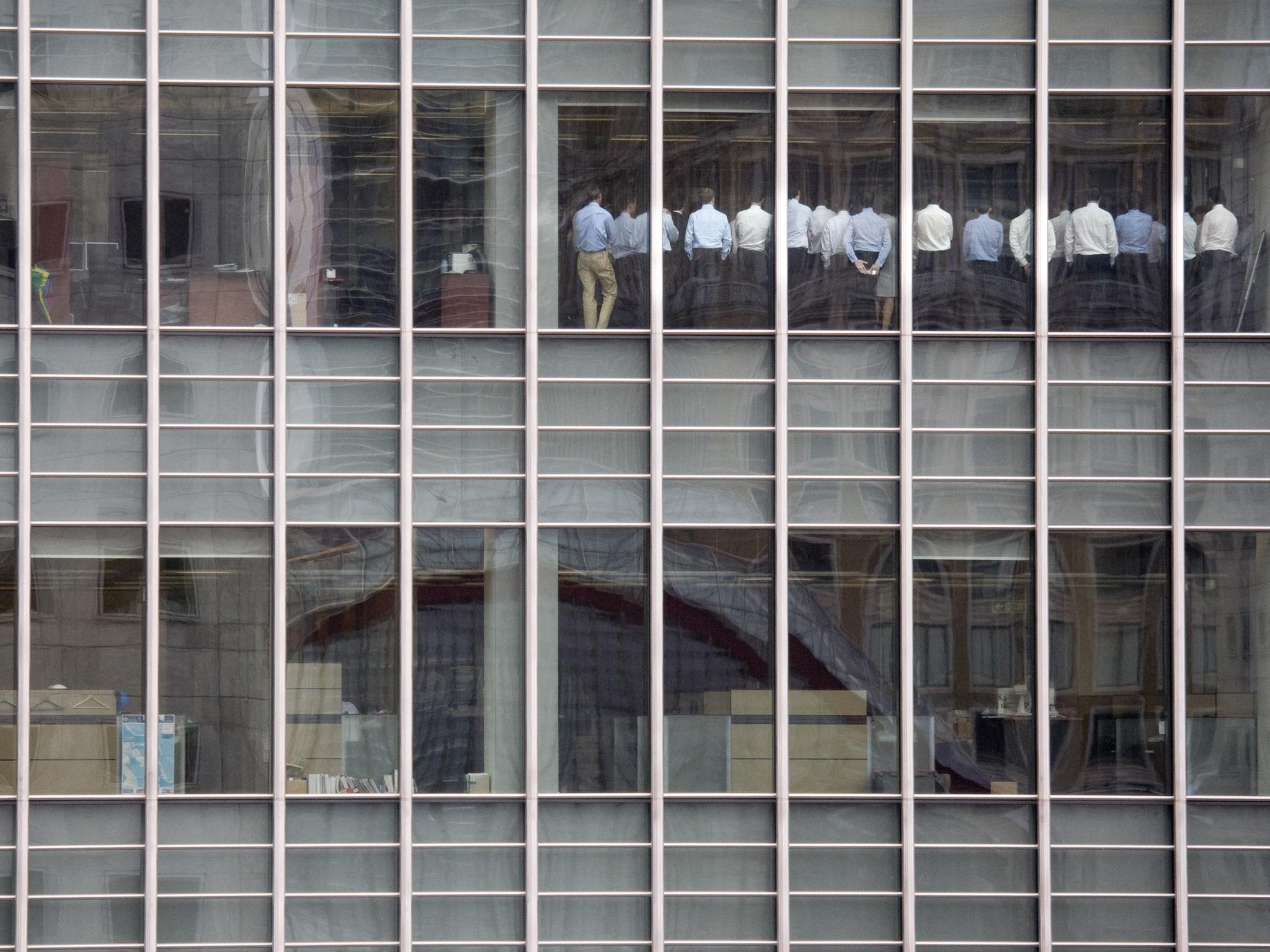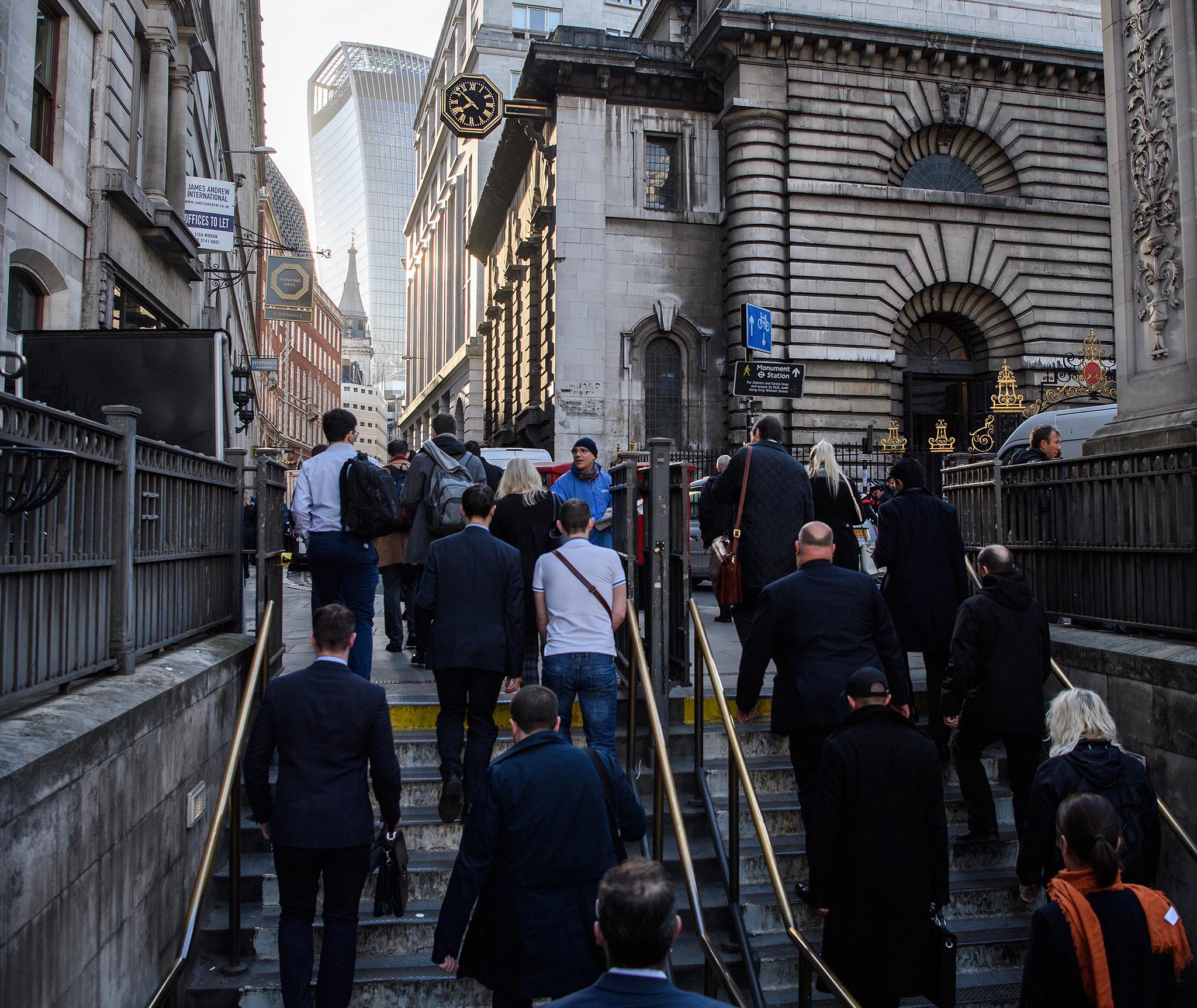In today’s business world, reputation matters more than any good idea
Today, you can be the best money-making machine in the world, but if your reputation is zilch, you might as well not bother

Over lunch with two City veterans last week, the conversation turned, perhaps inevitably, to times past. One was a leading financial PR of his generation, the other a senior banker and deal-maker. For half an hour or so, we indulged in a trip down memory lane, names of those we knew – the ones I’d written about, and they’d represented or worked against – tripped off the tongue. Every one, we agreed, was a character. And, cue shaking of heads, for all their brilliance as business kings, they would have struggled today.
They were cavalier with the rules, wilfully ignoring protocols and niceties. If they wanted something they went for it – and, by and large, succeeded. Governance and good corporate practice were pretty much unheard of, and belonging to the future. They could just about cope with the presence of non-executive directors. The notion of CSR, compliance, ethical sourcing, or customer relations was anathema.
Of course, their passing is mourned – for the buccaneering colour they brought if nothing else. But much has changed during the intervening years. Then, all that mattered was their business acumen. Today, you can be the best money-making machine in the world, but if your reputation is zilch, you might as well not bother.
The rise of reputation, personal and corporate, has been decades in the making. For years, reputation was regarded as a by-product of other risks. Mess those up, and damage to your good name could be the consequence. It was not something that companies could account for, it just happened. Gradually, more enlightened organisations began to understand that reputation was a category of risk on its own.
Now, though, another shift is afoot: the smartest business leaders are realising that reputation is omnipresent, across absolutely every aspect of corporate life. It’s not something that can be dismissed with a shrug; nor can it be put into a standalone box. There is nothing an enterprise does not do, nothing its staff do in their work and private lives, that does not bear the possibility of harm to collective and individual reputations.
Critically, that wounding can spread virally in nano-seconds. Some form of exposure is made in the morning – be it an old social media post, a recording of an inappropriate remark, treating a customer or supplier badly, a defective product, the list is endless – and by the afternoon you’re struggling to get a grip on a full-blown crisis. Often, there is one outcome: heads must roll, and frequently by the end of that very day.
It’s terrifying. The latest Deloitte Risk Management Survey showed that 35 per cent of chief executives planned to invest in processes that could help identify reputation-impacting events and signals in the next 12 months. It’s a figure that not so long ago would have been inconceivable. Some still believe reputational injury is merely the result of something else, not worthy of special treatment. What they fail to understand is that it’s frequently how that event is dealt with that brings the danger to reputation.

The event may be bad, but woe betide anyone who attempts to cover it up or not take it seriously. The public, and by extension the media, politicians, opinion-influencers, can forgive the event – they understand that mistakes can be made, that every organisation can have a bad apple. Where they are less forgiving is if the error or rogue employee is not dealt with properly, and openly, and if the company tries to shirk responsibility.
Corporations face an extra demand, a cranking up of the pressure, however. Trust in governments has slumped. Part of that fall is the result of them moving slowly, of not responding quickly enough to an issue. But, finds the Edelman 2019 Trust Barometer, they’re looking to companies to take up the slack, to get on top of the problem and adapt accordingly. It’s a sign they’re trusting companies more, but it comes at a price: 76 per cent of those surveyed said chief executives should take the lead on change rather than waiting for governments to impose it. Show you’re ahead, and you will enjoy a good reputation; lag behind, and worse, wait for the politicians to get into gear, and you will suffer.
76%
Percentage of those surveyed who said chief executives should take the lead on change rather than waiting for governments to impose it
The best judges of reputation risk are very often those with their ear to the ground, who know what those on the outside are thinking and how they’re likely to act, and to judge. Those are the communications experts. Traditionally, they’ve been kept in their own department, with the risk advisors in another. They should be joined up, working side by side, and immersed in every aspect of the business.

In the past, the corporate affairs or comms staff were lucky to be invited to a single executive committee meeting, let alone sit on the committee for all its discussions. They’d only be asked to attend if there was a one-off, an occurrence that the CEO felt required their input. These days, they should be there as a matter of course, hearing and evaluating everything that is going on.
Get it right, and the rewards can be fruitful; get it wrong and the upshot can be fatal.
Chris Blackhurst is a former editor of The Independent, and executive director of C|T|F Partners, the campaigns, reputational, crisis, and strategic communications advisory firm
Join our commenting forum
Join thought-provoking conversations, follow other Independent readers and see their replies
Comments
Bookmark popover
Removed from bookmarks